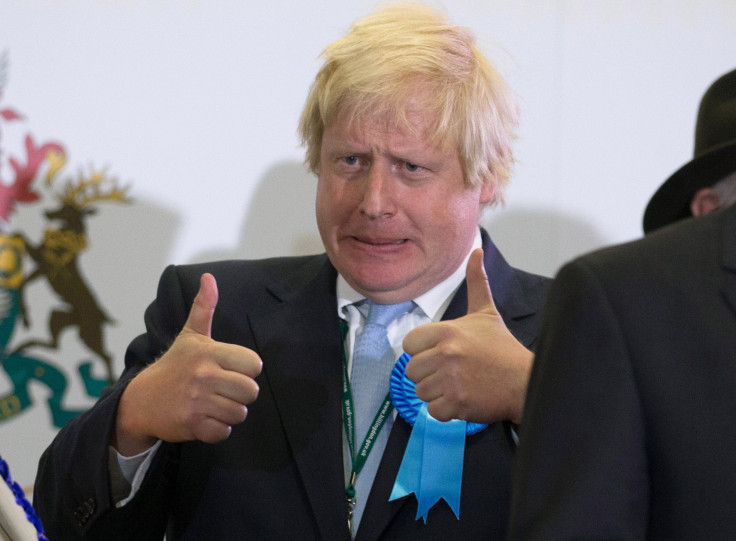
Brexit may have massive consequences for Britain, but it may not affect its global economic dominance too much.
Even as Britain gets ready to exit the European Union, research suggests that the country will not suffer any adverse consequences for its decision and that its global economic dominance will remain intact.
The UK had issued the referendum marking its exit from the EU in 2016, but in the three years since then, “the French economy failed to overtake the UK,” said the Centre for Economics and Business Research (CEBR). In fact, according to the current statistics, Britain’s output should be "a quarter larger than the French economy" by 2034.
The catalyst behind the UK’s continued success
The UK is a nation boosted by immigration and has a young population that continues to excel in technological, pharmaceutical, and creative industries. Britain will witness its "global growth to accelerate in 2020."
Of late Britain, has been nurturing its relationship with the U.S., which also occupies the top position in the global league because of its population consisting of skilled migrants from all over the world. “Countries that are successful in attracting migration tend to grow faster,” the CEBR report stressed.
UK Prime Minister Boris Johnson plans to use Australia’s points-based immigration rules as well as secure swift trade deals with both the U.S. and EU to further boost the nation’s economy. After Johnson was elected PM earlier this December, the U.S. President Donald Trump had even tweeted that a trade deal between UK and U.S. “has the potential to be far bigger and more lucrative than any deal that could be made with the EU.”
What Is Brexit?
In a June 23, 2016 referendum, UK announced its decision to leave the European Union (EU) a.k.a. Brexit (an abbreviation for "British exit”). But the decision was not unanimously accepted and the then-prime minister David Cameron, who campaigned for Britain to remain in the EU, announced his resignation.
Theresa May, who replaced Cameron as the prime minister, also failed to finalize the negotiated deal with EU approved by the House of Commons, thus she voluntarily resigned.
Following her resignation, Johnson, former mayor of London, foreign minister, editor of The Spectator newspaper and an ardent Brexit supporter, was elected prime minister. He campaigned to leave the EU by the October deadline "do or die.”
He was even prepared to leave the EU without a deal. But his efforts paid off and British and EU negotiators agreed to a re-negotiated deal on Oct. 17, with Brexit slated to take place before Jan. 31, 2020.
© 2025 Latin Times. All rights reserved. Do not reproduce without permission.



